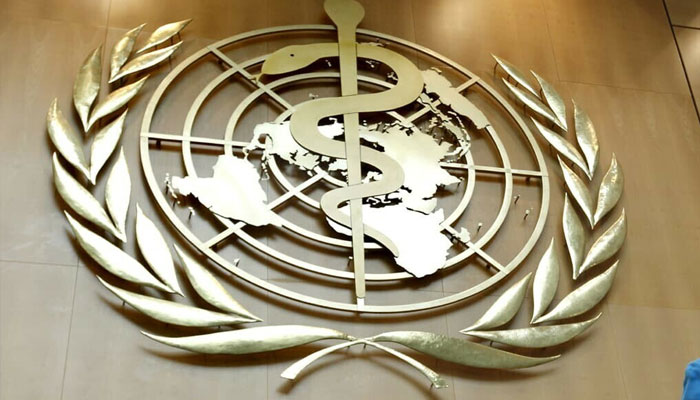WHO rings alarm bells as measles cases surge 79% in 2023
With estimated 142 million children susceptible to measles, situation is described as "very challenging"
February 20, 2024

The World Health Organization (WHO) has raised an alarm over the alarming surge in measles cases worldwide, reporting a staggering 79% increase from the previous year, with over 306,000 cases documented in 2023, Business Recorder reported.
Natasha Crowcroft, a WHO technical adviser on measles and rubella, conveyed the gravity of the situation, emphasising that measles cases are likely significantly under-reported, indicating a potentially much higher actual number.
While the UN health agency has not yet conducted modelling for last year, their latest estimate for 2022 revealed 9.2 million cases and 136,216 measles-related deaths.
Crowcroft highlighted a 43% increase in deaths in 2022, predicting a challenging year with a potential rise in fatalities in 2023 due to the escalating case numbers.
With more than half of all countries globally believed to be at high risk of measles outbreaks by the year's end, and an estimated 142 million children susceptible to the disease, the situation is described as "very challenging."
Measles, a highly contagious disease primarily affecting children, can lead to severe complications such as blindness, brain swelling, diarrhoea, and respiratory infections.
The surge in cases is attributed to a decline in immunisation coverage, as at least 95% of children need full vaccination to prevent outbreaks, yet global rates have slipped to 83%.
The distribution of cases is marked by significant inequity, with 92% of measles-related child deaths occurring in less than a quarter of the global population, primarily in very low-income countries.
The WHO underscores the urgent need for concerted efforts to address this resurgence and enhance global vaccination coverage to curb the spread of measles.











